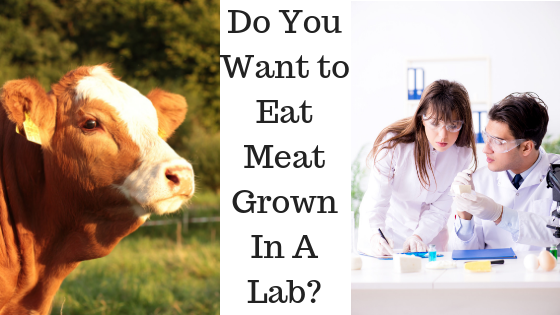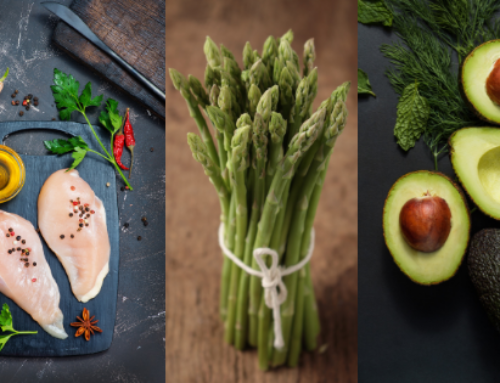What do agricultural giant Cargill Inc. and billionaires Richard Branson and Bill Gates have in common?
They’re among a group of investors who have given, so far, $17 million to Memphis Meats — a startup company that’s growing meat (beef, chicken and duck) from animal cells.
No actual animals are involved, just their cells.
Branson is so confident about Memphis Meats’ future that he told Bloomberg News, “I believe that in 30 years or so we will no longer need to kill any animals and that all meat will either be clean or plant-based, taste the same and also be much healthier for everyone.”
Really???
There’s no doubt that industrial agriculture, including CAFOs (Concentrated Animal Feeding Operations) and the monocrops used to support them, is destroying the planet and must be changed.
But is lab-grown meat really the direction we should be heading?
Once you get past the science-project feel, the idea of lab-grown meat sounds plausible — even ingenious. Meat without any of the environmental downsides and with no need to send animals to slaughter? Grown neatly and efficiently in a lab, resulting in juicy steaks, chicken and duck — enough to feed the world? It sounds too good to be true, but that hasn’t deterred a laundry list of investors from staking their claim in this emerging market.
The “meat” starts with cells taken from live animals. The cells are then grown in a lab for four to six weeks. Reportedly, a beef meatball was created in February 2016, followed by chicken and duck in March 2017, but the product is still far too expensive to bring to market.
It costs about $9,000 to produce 1 pound of lab-grown chicken and about $18,000 to produce 1 pound of beef meatballs.
Aside from the cost, other hurdles also remain, like the controversy over Memphis Meats’ use of fetal bovine serum, although they say they plan to replace it with a plant-based product instead.
The Good Food Institute (GFI), which seeks out entrepreneurs and scientists to form plant-based and lab-grown meat companies, put out notice that the preferred term is “clean meat” — not cultured meat and certainly not lab-grown either.
But is it really accurate to call this new product “clean meat?”
It would seem that this term already belongs to grass fed farmers who are raising animals on pasture, without reliance on chemicals or genetically engineered (GE) feed, in accordance with the laws of nature.
What’s clear is that these lab-grown meat companies want their science experiments to appear like real meat, only better. It’s promoted as a win-win for everyone, but do you know who the biggest winners will be?
The billionaire investors slated to get even richer if their fully patented meat products take off.
No one can patent a natural cow, chicken or duck, but with the advent of lab-grown meat, the resulting beef, chicken and duck is very much patentable — and fully controlled by its makers.
As we’ve seen in the past with Monsanto’s patenting of GE seeds, putting the food supply in the hands of a private corporation is rarely a good idea. (The patenting of seeds and the subsequent restrictions on seed has led to what is essentially a takeover of the farming industry by chemical companies.)
There’s more than money at stake; if you control the food supply, you essentially control the world.
Creating patented lab-grown meat products is not about feeding the world or eliminating animal suffering. It’s about dominating billionaires looking to put patents on the food system.
They all share the common thread of giving the world the meat they love without the pollution and animal suffering. PETA has even taken to calling lab-grown meat “cruelty-free” meat. Many people view lab-grown meat as the lesser of two evils when comparing it to the CAFO meat that currently dominates the market.
There is no doubt that CAFO meat is devastating to the environment, unsustainable and inhumane. Change is urgently needed, but eliminating nature in favor of lab-grown meat is not the answer.
The fact is, when animals are raised according to regenerative agriculture, an ecosystem is created, one that is both healing for the land and productive for the farmers who keep it. Eating meat is not synonymous with harming the environment; it’s industrial farming practices that have done the latter.
Sourcing your foods from a local grass fed farmer is one of your best bets to ensure you’re getting something wholesome. And, you’ll be supporting the small farms — not the mega-farming corporations — in your area.
It’s important to vote with your pocketbook.
What future do you want for your food supply?






